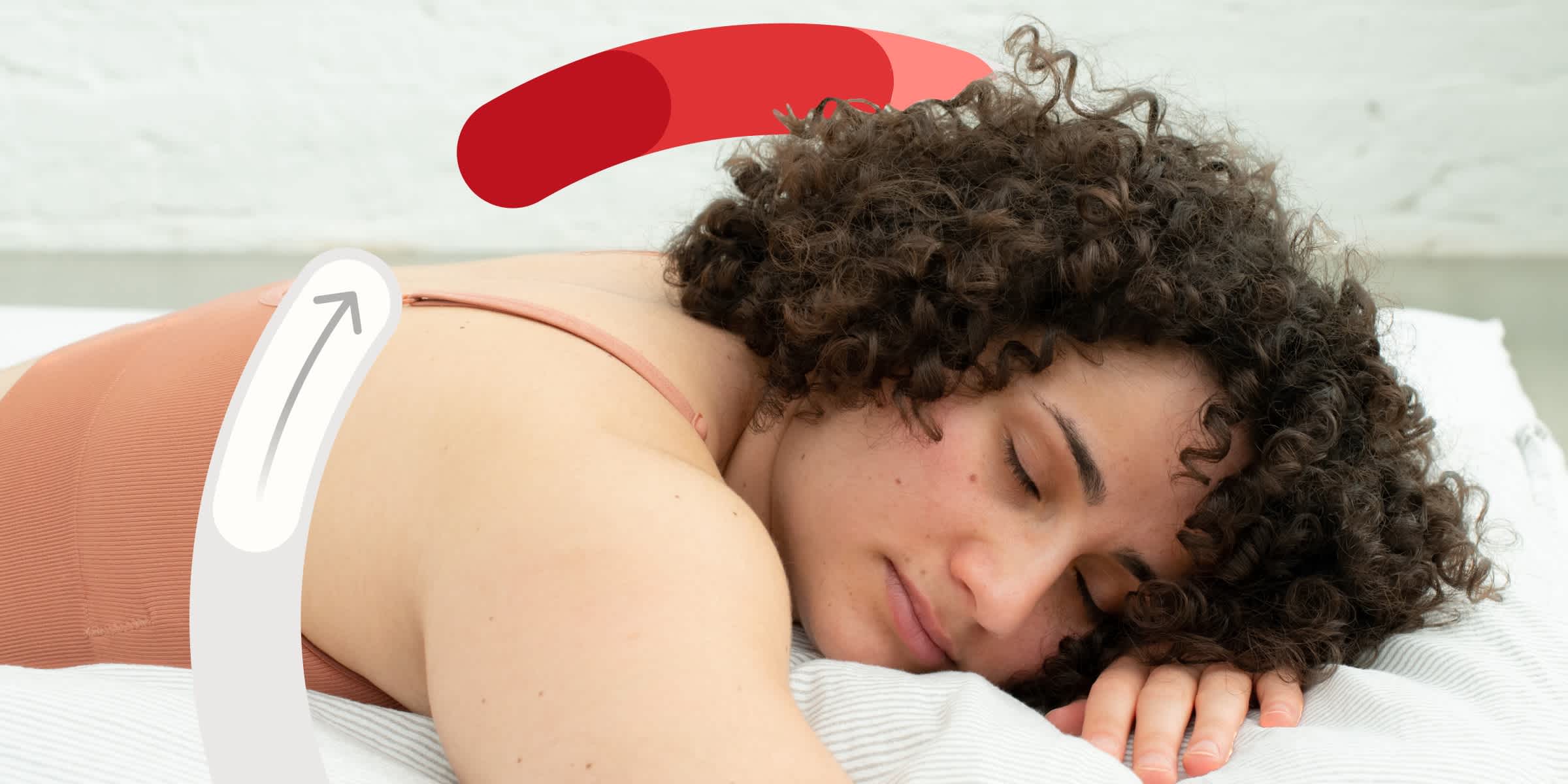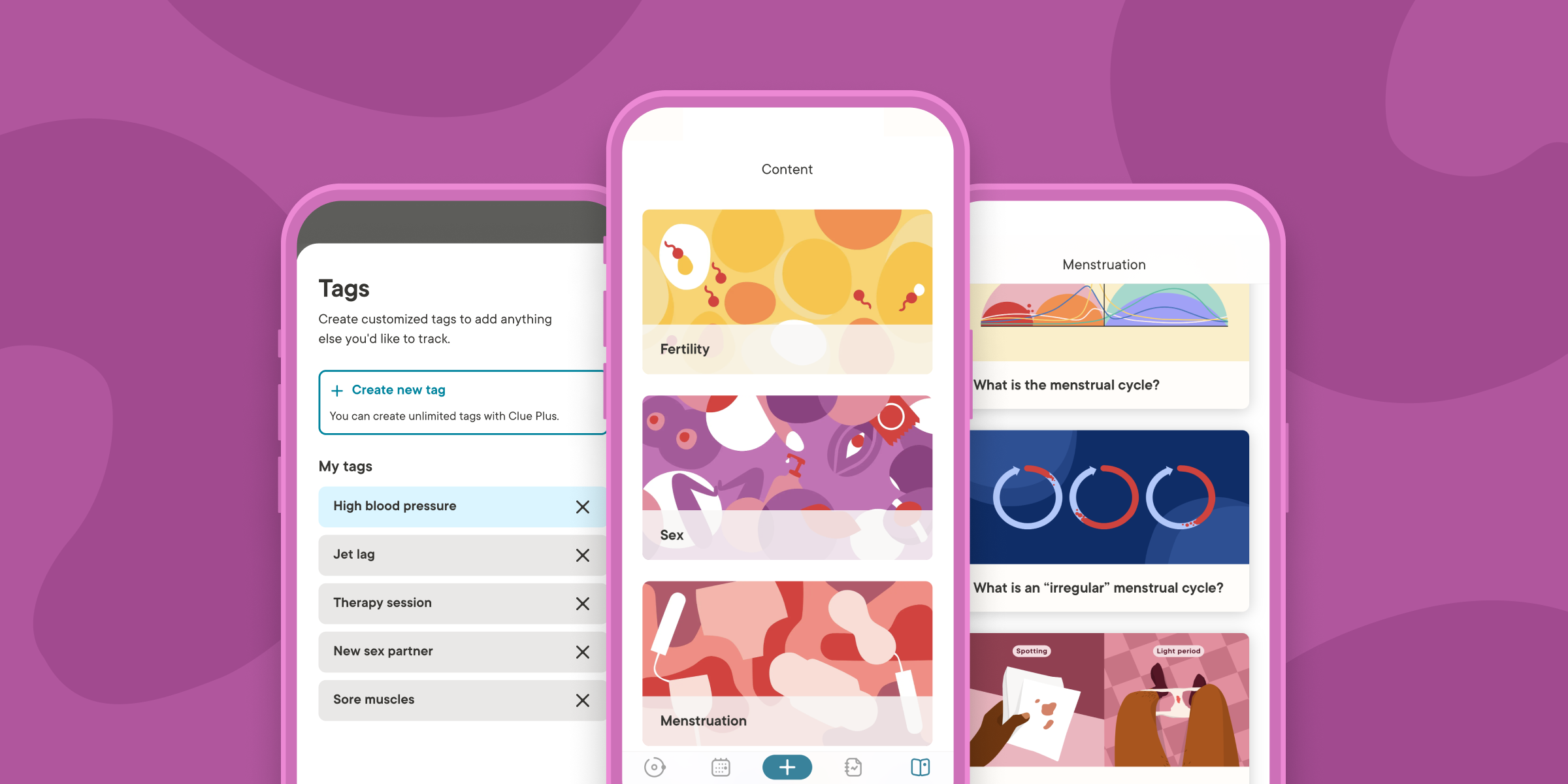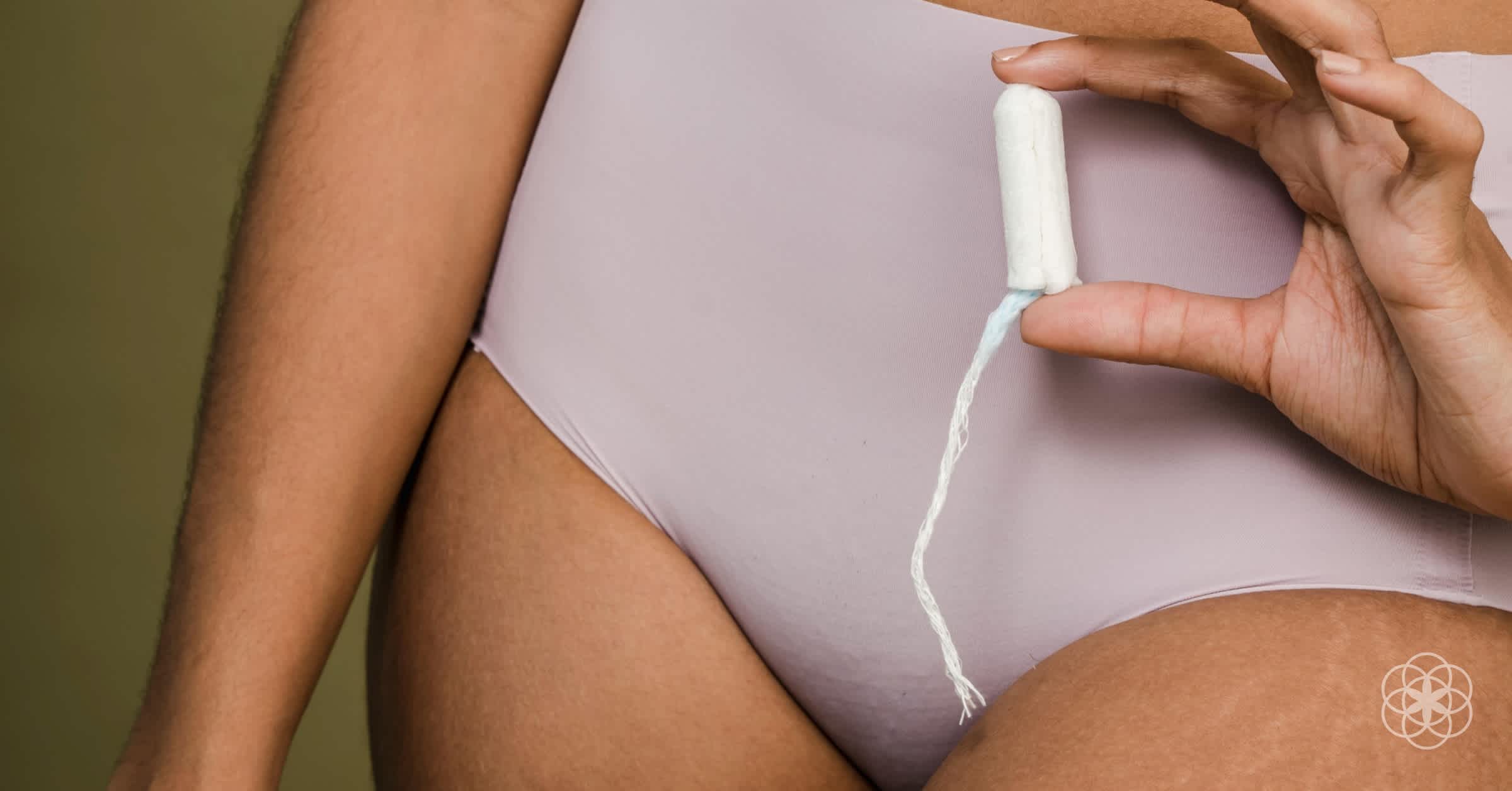
Hormone replacement therapy and perimenopause
Is Hormone Replacement Therapy still controversial? Clue’s Science Team weighs in.
Dr. Cornelia Hainer is our Head of Science at Clue. She holds a doctorate in biology with a focus on female reproductive health. At Clue, her tasks are diverse and include overseeing the creation of medical & scientific content, incorporating expertise into product development, and coordinating various research projects.
Is Hormone Replacement Therapy still controversial? Clue’s Science Team weighs in.
Not all perimenopausal experiences are negative.
What the latest research says about the relationship between sleep and the menstrual cycle
Clue asks LEVY Health’s fertility expert everything you want to know
Symptoms of perimenopause, like hot flashes and night sweats, appear to have a genetic link
Managing perimenopause depends on the experiences you have
Everything you need to know about exercise and your menstrual cycle.
When you track in Clue, you contribute to an unprecedented data set used by top institutions and clinicians in research,...
Clue recently partnered with the Gates Foundation on a first-of its-kind study on heavy menstrual bleeding.
Clue Period Tracking mode in Clue Plus includes everything you’ve come to love about period predictions and experience tracking with...
If you are 35 or older, it’s likely that what you’ve read on the internet or heard from friends might...
Many articles and social posts about this research are more focused on clickbait than helpful insight.
What the latest research says about coordinating your diet with your menstrual cycle.
The changes were both gradual and seemingly sudden: What was happening to me?
While unpredictable cycles can make it harder to predict ovulation, it is possible.
Using it as a way to time sex with ovulation when trying to conceive could be helpful for some.
If you menstruate, you might be concerned about how the COVID-19 pandemic could impact your cycle or access to period...

















